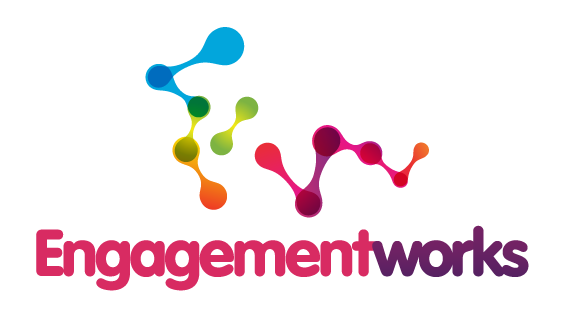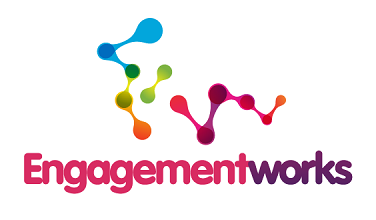It is always surprising how many Communication Managers can recount stories about the first time they heard about one of their organisation’s initiatives was when they read about it on the pages of a daily newspaper.
‘No surprises’ is a much bandied about philosophy. Its ethos makes resoundingly good sense, yet its practice can be sporadic. Dropping the ball is bad enough. Even worse when the organisation’s owners or elected representatives didn’t know that the ball was in the air in the first place.
So why does this happen? Poor risk management? Yes. Poor project management? Yes. Poor internal communication? Definitely.
Although they’re easy to create, checklists are surprisingly uncommon. Their absence and other poor planning shouldn’t be blamed on a project leader, that’s because that person’s manager, and possibly even the next manager above, would have viewed the Cunning Plan and ticked it off. A budget would have been approved and other resources made available. So why weren’t other parts of the organisation, particularly its senior leaders, given a pre-launch presentation? Why weren’t operational parts of the business that may have been impacted given a chance to contribute to a risk register?
Too many rhetorical questions, I know. But a key lesson here is learning from failures. They are a significantly more effective learning tool than are successes. Why? Because they hurt. Most people don’t like getting things wrong, particularly if other people’s reputation and the reputation of their client or employer is hurt in the process.
Yet too often the same mistakes are made. People come and go without really caring about learning what should be important to their organisation. “So what if Stage 1 was a bit untidy. It’s now time to roll out Stage 2 and the noise created by Stage 1 will pass soon enough.”
The task of formally engaging with communities is also a great example of where surprises happen and organisations can get themselves embarrassed publicly. A particular department may be charged with a task, forgetting to ask whether other parts of the same organisation may be interested, have something similar planned involving the same communities, or have recently concluded an engagement process with those same communities.
While communities generally welcome an opportunity for genuine and meaningful engagement, they don’t appreciate being asked the same questions by the same organisation. While members of a department within an organisation may see value in their department, people outside the organisation don’t care a jot about how an organisation arranges its tasks. Their expectation is that once they’ve told an organisation something that that organisation should not only hear but remember. They shouldn’t have to worry about organisational structures and whether departments talk with each other.
At Engagementworks we have some processes and systems that have been well proven in practice which minimise the risks of internal inefficiencies and miscommunication, and which help organisations build strong and meaningful connections with communities. We’d be happy to talk with you about those and how you may be able to put them to work for you.
‘No surprises’ is a much bandied about philosophy. Its ethos makes resoundingly good sense, yet its practice can be sporadic. Dropping the ball is bad enough. Even worse when the organisation’s owners or elected representatives didn’t know that the ball was in the air in the first place.
So why does this happen? Poor risk management? Yes. Poor project management? Yes. Poor internal communication? Definitely.
Although they’re easy to create, checklists are surprisingly uncommon. Their absence and other poor planning shouldn’t be blamed on a project leader, that’s because that person’s manager, and possibly even the next manager above, would have viewed the Cunning Plan and ticked it off. A budget would have been approved and other resources made available. So why weren’t other parts of the organisation, particularly its senior leaders, given a pre-launch presentation? Why weren’t operational parts of the business that may have been impacted given a chance to contribute to a risk register?
Too many rhetorical questions, I know. But a key lesson here is learning from failures. They are a significantly more effective learning tool than are successes. Why? Because they hurt. Most people don’t like getting things wrong, particularly if other people’s reputation and the reputation of their client or employer is hurt in the process.
Yet too often the same mistakes are made. People come and go without really caring about learning what should be important to their organisation. “So what if Stage 1 was a bit untidy. It’s now time to roll out Stage 2 and the noise created by Stage 1 will pass soon enough.”
The task of formally engaging with communities is also a great example of where surprises happen and organisations can get themselves embarrassed publicly. A particular department may be charged with a task, forgetting to ask whether other parts of the same organisation may be interested, have something similar planned involving the same communities, or have recently concluded an engagement process with those same communities.
While communities generally welcome an opportunity for genuine and meaningful engagement, they don’t appreciate being asked the same questions by the same organisation. While members of a department within an organisation may see value in their department, people outside the organisation don’t care a jot about how an organisation arranges its tasks. Their expectation is that once they’ve told an organisation something that that organisation should not only hear but remember. They shouldn’t have to worry about organisational structures and whether departments talk with each other.
At Engagementworks we have some processes and systems that have been well proven in practice which minimise the risks of internal inefficiencies and miscommunication, and which help organisations build strong and meaningful connections with communities. We’d be happy to talk with you about those and how you may be able to put them to work for you.

 RSS Feed
RSS Feed
